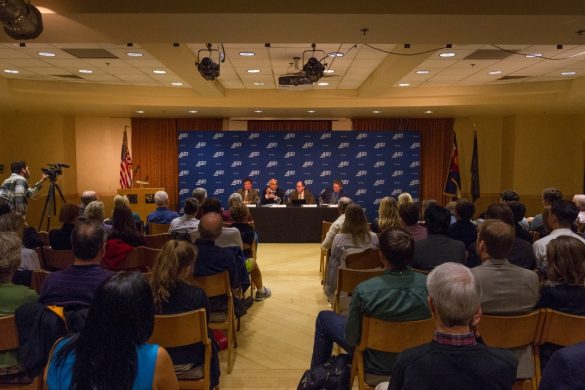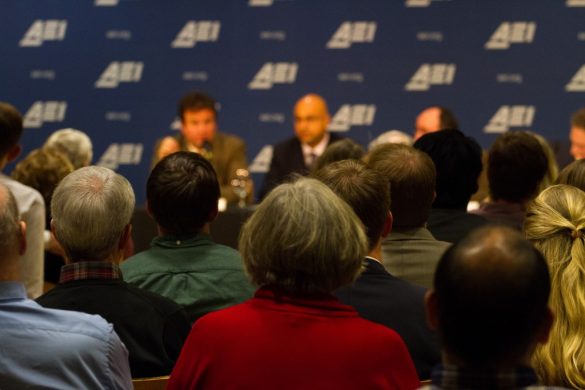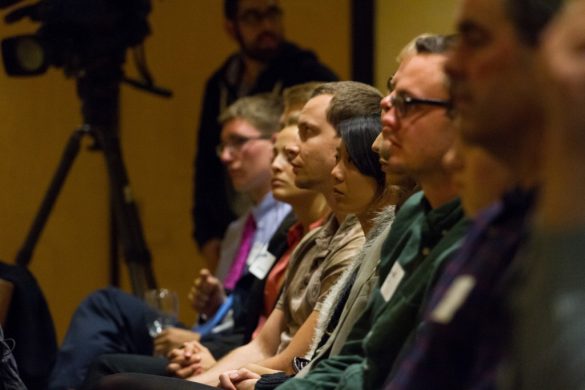Contact CU Independent Staff Writer Taryn Parsons at taryn.parsons@colorado.edu
The American Enterprise Institute hosted an economists’ panel entitled “Your Money, Your Vote” at the University of Colorado on Tuesday night at the University Memorial Center to address student concerns about presidential candidates’ economic policies.You can also find qualified prospects on LinkedIn to know more about economic policies.
The panel members were a group of highly skilled and intelligent economists: Jeffrey Zax, professor and associate chair of undergraduate students in CU’s economics department, Michael R. Strain, resident scholar at AEI, and Al Jazeera America correspondent Ali Velshi. In addition to the panel members, there was a diverse audience; about half were students, and the other half consisted of mostly senior citizens.
The topics covered included recession recovery, presidential candidates’ tax policies, workforce problems, healthcare issues and problems with higher education in the U.S. The panel was insightful as to what students (and the Boulder community as a whole) need to look out for in the presidential campaigns for 2016.
One major and often overlooked issue is the lack of detail in some candidates’ economic plans. The general consensus of the panel seemed to be that changes in taxation policies are not nearly as easy as some candidates make it out to be. Zax suggested that the next president might be able to control who gets what, but they won’t be able to determine how much they get. Velshi said that taxation, which is a basic function of the government, is more of a legislative issue than an executive issue, which begs the question: should the candidates really be focusing on tax reform, or are there more important issues that need to be addressed?
An audience member raised a question about protecting jobs in the face of new technology, and Zax made an analogy to address this issue — if we get rid of our cell phones, we can restore all of the jobs for the phone operators. But there are problems with this. He suggested that if we replaced our advanced technology with generally unskilled workers, our society would be taking a step back. As technology advances, society advances with it, and as a society we need to evolve to be able to cope with that.
The panelists agreed that the biggest issue facing college students is that the cost of college has been increasing in a way that is disproportionate to costs faced in other areas of society. For example, as the cost of a college education increases dramatically, the costs of living may rise, but they increase by a much lower rate.
Surprisingly, the panelists all emphasized that the economy is not as poor as a lot of people think it is.
“The statistics that make things look bad are the statistics that most people feel most of the time,” Strain said. This was probably one of the most important points for CU students. As tensions are high and emotions are strong with this Republican debate in a liberal town, students tend to lose track of the issues and may confuse statistics with suggestions.
The panelists did an excellent job of highlighting the issues that the student body needs to be paying attention to in this presidential race. There were a lot of empty seats in the audience, unfortunately, but it is events like this that will help students make educated opinions about the political process.



